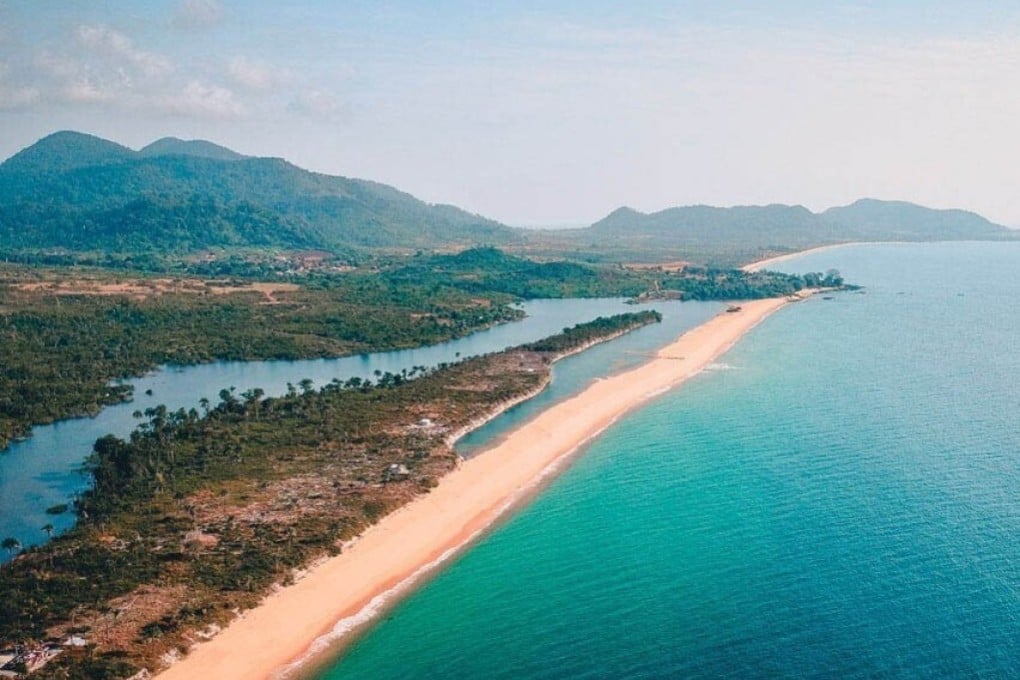Locals fear Chinese fishing plant threatens ‘environmental catastrophe’ in Sierra Leone
- Residents warn that the planned facility will destroy pristine rainforest and fishing stocks and people will be displaced
- China and the local authorities deny accusations that the US$55m deal will pave the way for a fishmeal factory

China has defended its plans for an industrial fishing harbour in Sierra Leone, dismissing accusations that it will be an ecological disaster.
The US$55 million deal has been criticised by conservationists and landowners as “a catastrophic human and ecological disaster” that would destroy pristine rainforest, plunder fish stocks and pollute fish breeding grounds and marine ecosystems.
The Sierra Leonean fisheries ministry confirmed the deal but denied that the land would be used to build a fishmeal factory, saying it would be used to export fish. The ministry said it had set aside US$1.3 million to compensate those who would be displaced.
But responding to accusations that it had bought 250 acres (101 hectares) of land that would displace people and destroy the ecosystem, the Chinese embassy in Freetown said concerns about environmental risks were unfounded and that the project was owned by Sierra Leone.
Du Zijun, the economic and commercial counsellor at the Chinese embassy, said the project in a community known as Black Johnson would promote the development of Sierra Leone’s fishery sector. He also stressed that the plan was to build a harbour rather than a “fish meat mill”.
“The accusation about the Sierra Leonean side selling 250 acres of land to China is groundless,” he said.